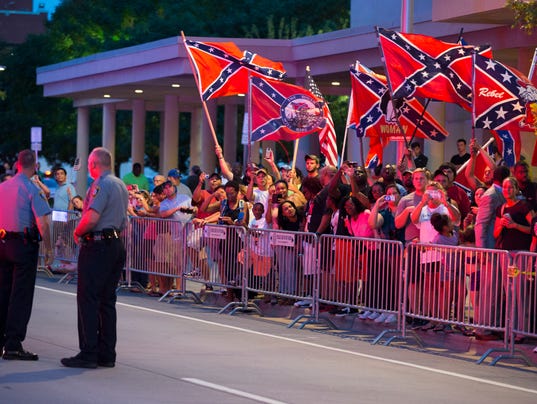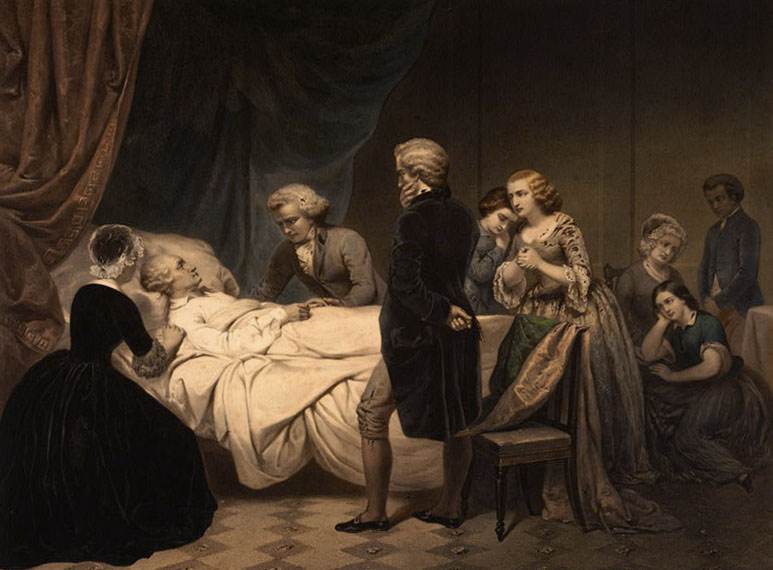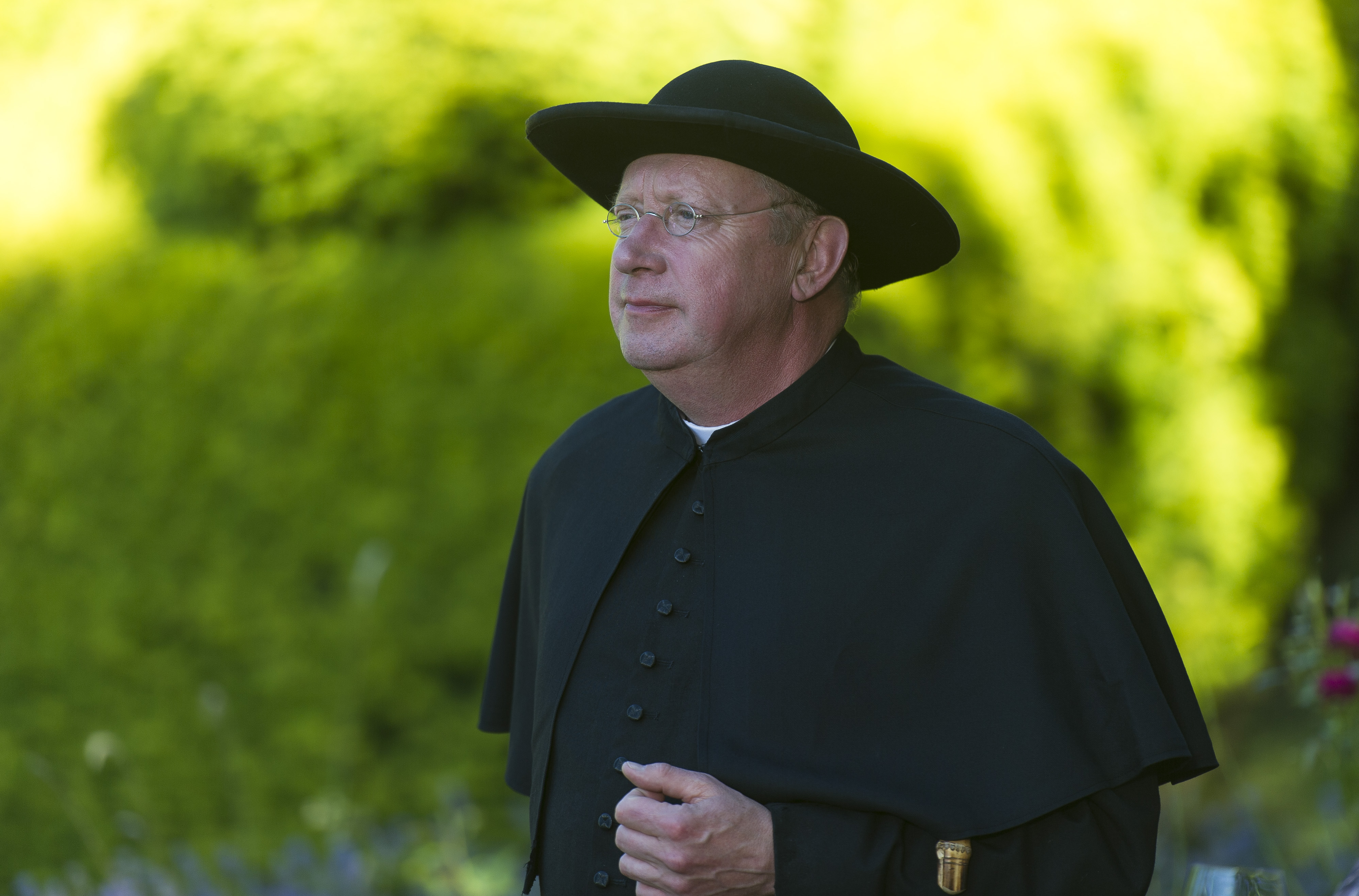
“So surrender the hunger to say you must know,
Have the courage to say ‘I believe,’
For the power of paradox opens your eyes,
And blinds those who say they can see.”
-Michael Card “God’s Own Fool”
I’m
part of a group of American Evangelicals that I think of as The Anglophiles.
They often homeschool. For as long as I can remember, I’ve loved British stuff.
I grew up on a steady diet of
Agatha
Christie’s Poirot, P.G. Wodehouse’s
Jeeves
and Wooster, and Joan Hickson as (the only)
Miss Marple. Mr. Darcy was upheld as the ideal of all manhood.
My dad read me
The
Chronicles of Narnia, followed by
The
Hobbit, followed by that fiction above all other fiction,
The Lord of the Rings. Charles Dickens, Terry
Pratchett, and G.K. Chesterton number themselves among my favorite authors
(lucky sods). I practice my Oxford English, Irish, Scottish, Cockney, and
Geordie accents whenever I read aloud to my younger siblings. Just about the
only thing I dislike is British music; I loathe the Beatles. But I eagerly
devour
British-inspired music.

When
I started reading Sheldon “Van” Vanauken’s memoir A
Severe Mercy, I was immediately swept into his familiar love. Like me, Van
grew up immersed in British Lit., even though his childhood spanned the 1920s,
and not the 2000s. He read Sherlock Holmes and Treasure Island – “As a child England had seemed much nearer than
New York or the cowboy west.” When he finally went up to Oxford, he said it
“was like coming home, coming to a home half-remembered – but home.” (EX-actly, I thought).
Van
was one of the early Anglophiles, just like me. He was also an incorrigible
romantic, a lover of beauty and goodness and all that is fair. He had the extraordinary luck to step
into Oxford while the Inklings still lived. He and his wife, Davy, became good
friends with C.S. Lewis, read Charles Williams, Dorothy L. Sayers, and G.K.
Chesterton, and were converted to Christianity. They entertained dozens of deep
thinkers at their little apartment in downtown Oxford.


 Yesterday was J.R.R. Tolkien's birthday. I refer, of course, to the man who wrote the best novel of the 20th Century: The Lord of the Rings. And no, that fact is not up for dispute.
Yesterday was J.R.R. Tolkien's birthday. I refer, of course, to the man who wrote the best novel of the 20th Century: The Lord of the Rings. And no, that fact is not up for dispute.




.png)














